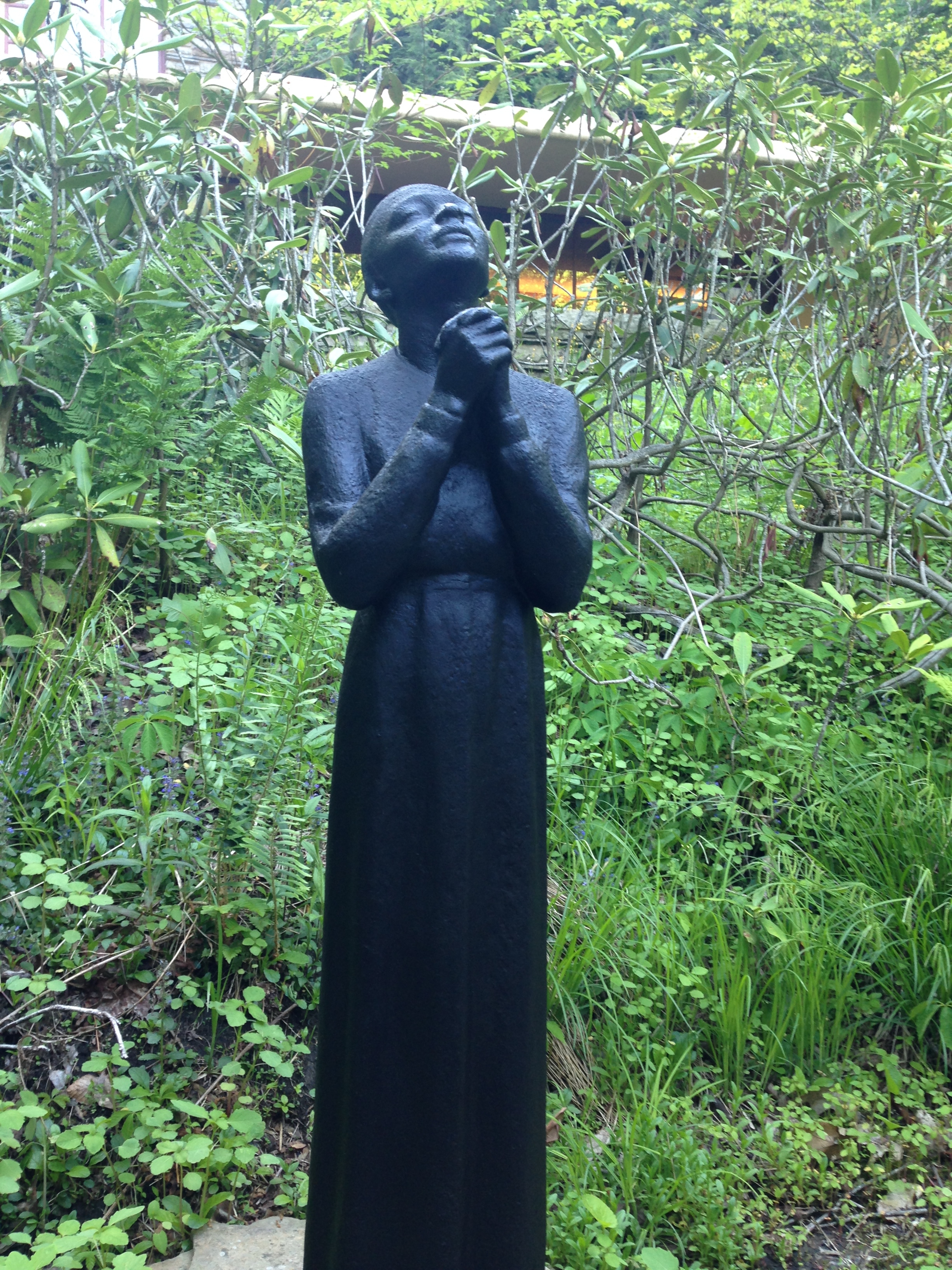Everyone gets hurt or betrayed in some fashion regardless of gender, race, education, or socio-economic status, and as a result all of us struggle with forgiveness, which is not about pardoning the other person, but rather the process of letting go so that the injured party can move forward without being consumed by anger or the desire for revenge.
How do you work through the process of forgiving? Well, first let’s accept that it is not about forgetting or excusing bad behavior. It’s not about becoming vulnerable again or continuing in a toxic or unhealthy relationship. Embrace the fact that it is a multi-layered process that will take time. Why make the effort? Because ultimately it is necessary to finding peace; it is a key component of love, and it is primarily a gift to yourself by lightening the load you have to bear in your heart.
There are 3 keys steps towards forgiving:
1. Identify the source of your anger or pain;
2. Try to understand a person’s motives or intent; and
3. Weigh all your options to find a workable solution to your situation.
Along the way, ask yourself a few key questions: Who hurt or disappointed you? Where does that person rank in your life? What was the transgression? In other words, was there an explicit agreement breached or was it an expectation in your head that was not met? Why did this happen? There is a big difference between an intentional act vs. an accident. Was there a break down in communication, was your agreement ambiguous, or were you not clear about your expectations in behavior?
As you cycle through the feelings of anger and sadness after someone has hurt you, keep that in mind that the opposite of love is not hate, but rather apathy. Maybe make that your mantra– because if you make apathy your goal, you will find that the sooner you detach from whatever hot mess is dragging you down, the sooner you can shed all that negativity, engage in more uplifting activities and tap into a more positive mind space.
Ignore those that try to suggest forgiveness is a sign of weakness or foolishness. It actually takes a lot of strength to let go of the past and put yourself back out there. Get others to share their inspiring stories of forgiveness with you, and allow them to help you maintain both an open mind and an open heart as you go forward on your own journey, where the hardest challenge for most is often forgiving yourself.
It has been an honor to speak about Forgiveness in Relationships throughout the years, most recently at the Unitarian Church on River Road. In the past, I’ve spoken on this topic at local workshops, Georgetown University, and the Fresh Start Program for Living Classrooms. The irony of a divorce lawyer speaking on this topic is not lost on me, but honestly every week my biggest challnege the past two decades has been helping clients forgive themselves for being too trusting, not paying enough attention to the finances, focusing too much on work, taking their spouses for granted, or not realizing soon enough how their addictions were hurting their family. Unfortunately not all wrongs can be righted, and none of us can turn back time, but we can all try to learn from our mistakes and evolve with dignity and full of grace.
By Regina A. DeMeo
—








